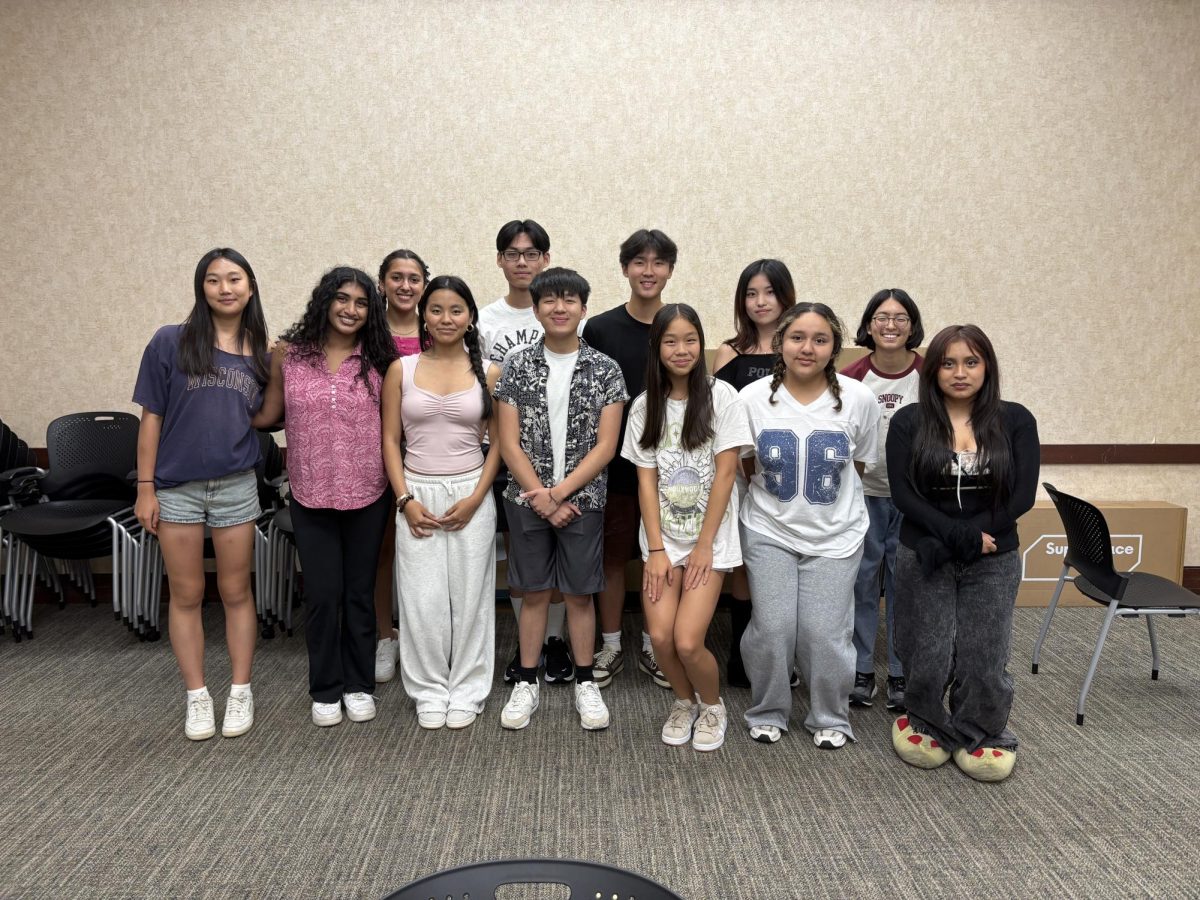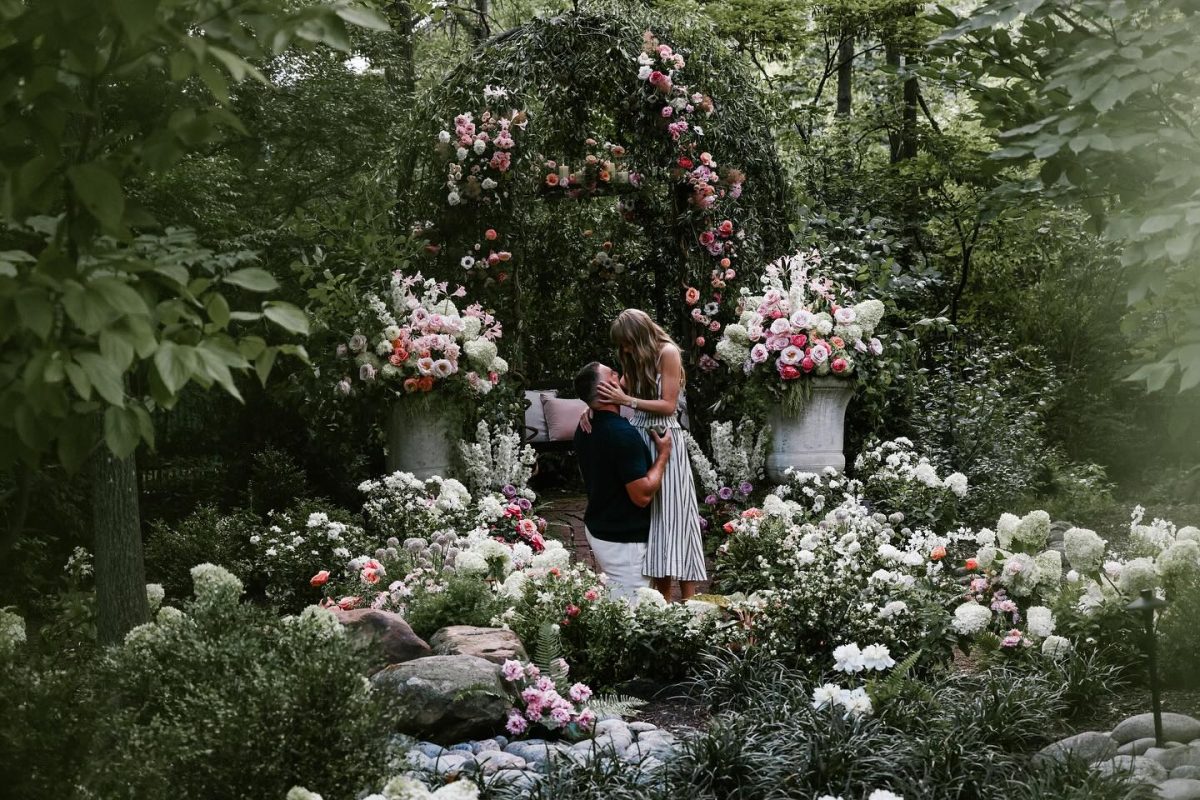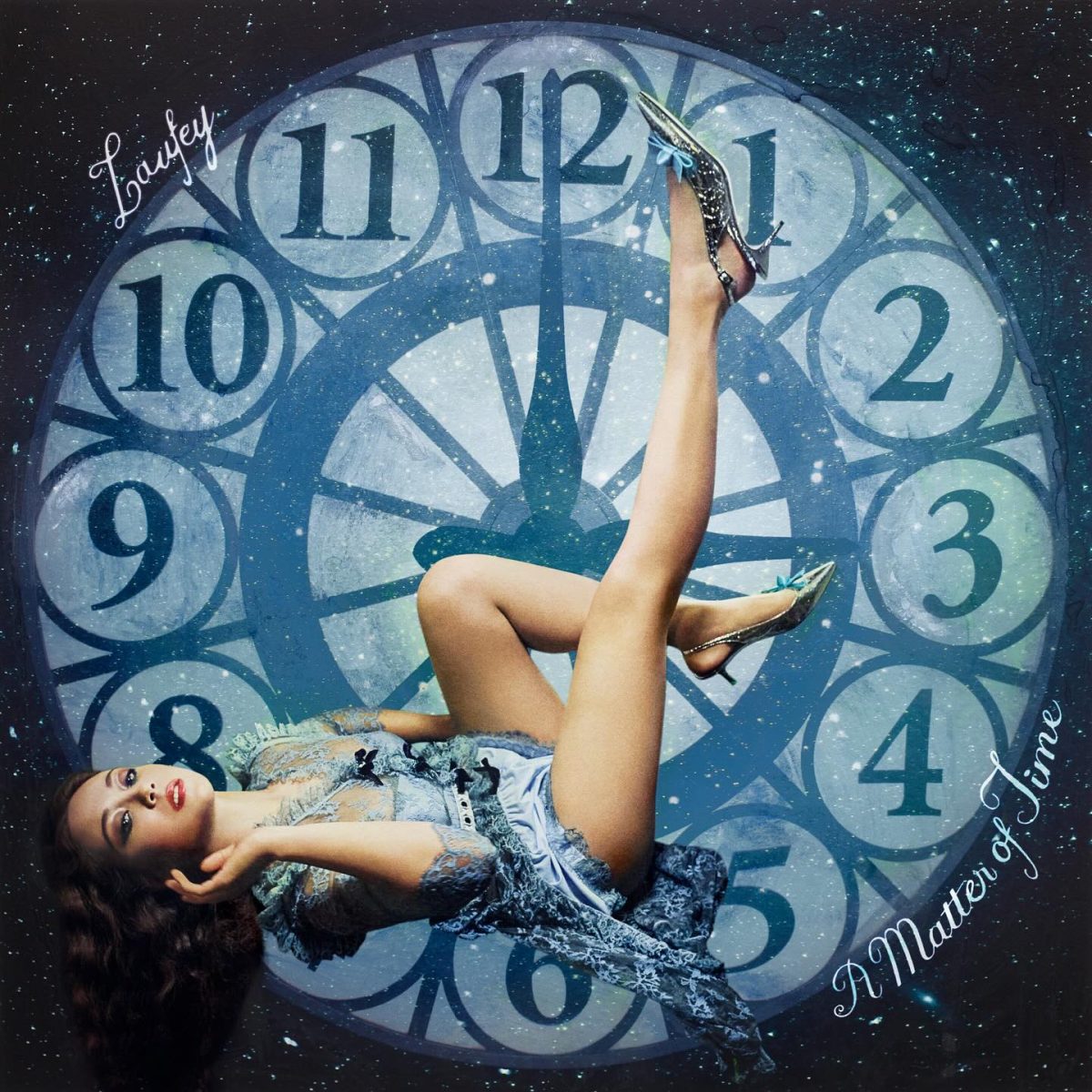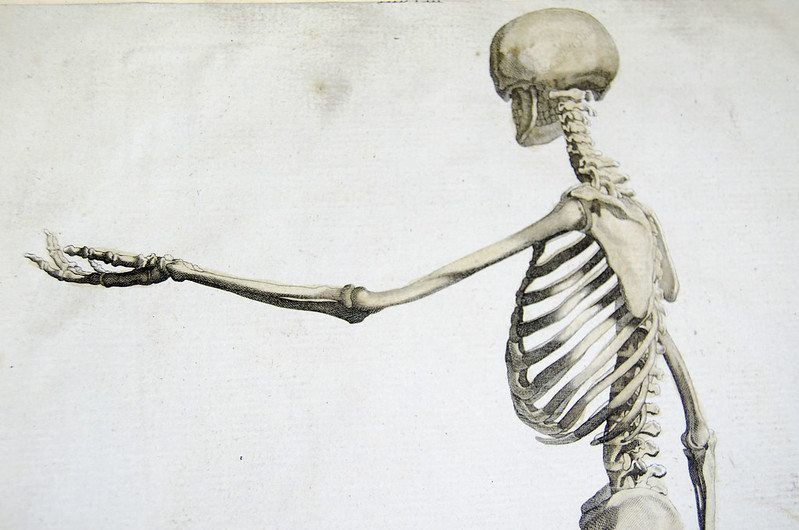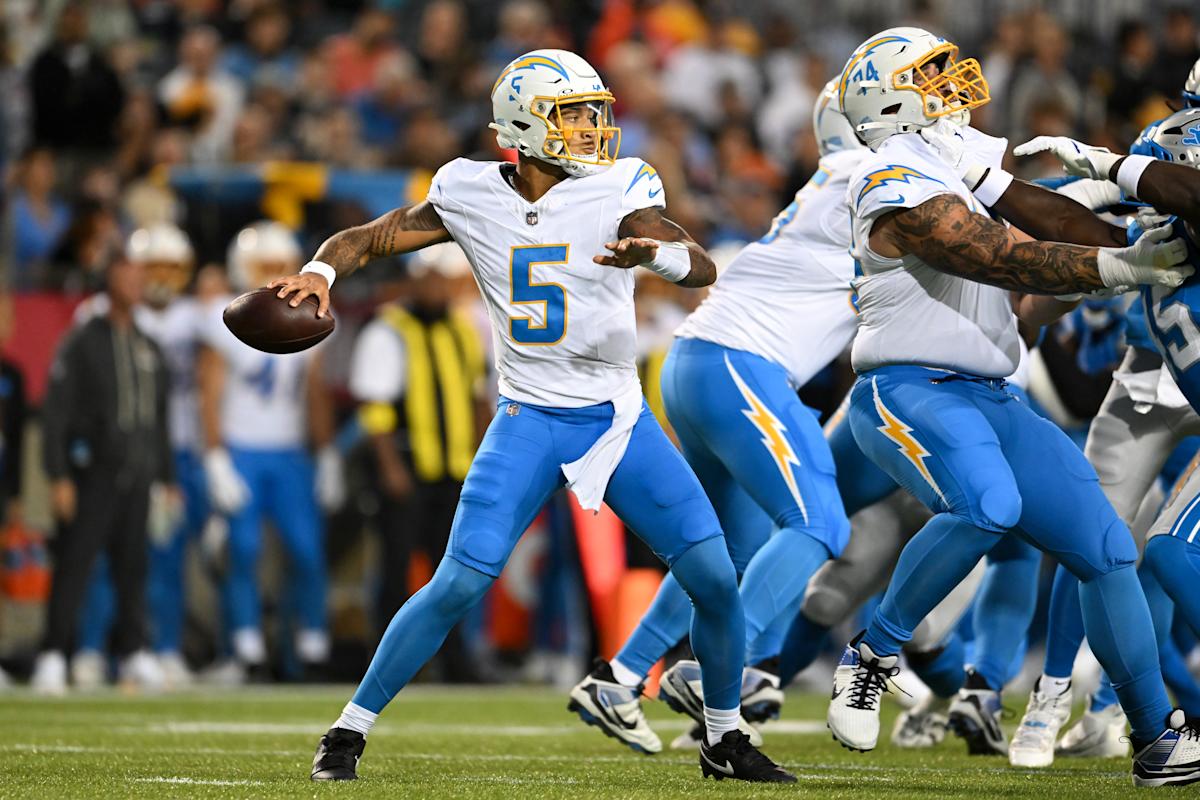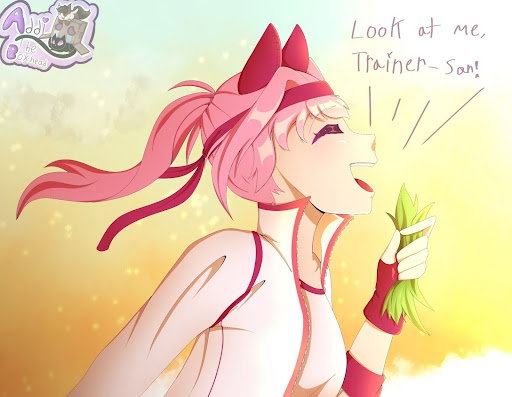& Juliet is a Broadway jukebox musical that recently made an appearance at the Overture Center, with a plot centered on one question—what if Juliet hadn’t killed herself at the end of Shakespeare’s great tragedy? What if she kept living her life? What if Romeo & Juliet’s end was only her beginning?
& Juliet goes above and beyond its tagline, however, and over the course of its two and a half hour runtime builds two intriguing and heavily intertwined plotlines—one around the titular Juliet and her companions, the other around Anne Hathaway.
No, not that Anne Hathaway. The other Anne Hathaway, the wife of Shakespeare. Yes, he did have a wife. Yes, her name is actually Anne Hathaway. No, she is not played by Anne Hathaway. But she is a fascinating character, and I would argue that her storyline is the strongest aspect of the entire show—a title I do not bestow lightly! & Juliet is an extremely entertaining show. The humor is fantastic, with excellent timing and a good variety in the jokes. The costumes are highly distinctive, and fuse era-appropriate elements with modern styles to create something unique and beautiful. The choreography is stunning, and utilizes the gorgeous set to produce numbers that are nothing short of a visual spectacular.
It also single-handedly changed my mind on the potential of jukebox musicals. Previously, I didn’t care much for them as I felt that no matter how carefully chosen the songs are, they simply can’t do the same amount of narrative work that original music can. But & Juliet does astonishingly well in that department, utilizing creative framing to incorporate songs and ease the abrupt transition to pop music (the transitions in Oops I Did It Again were amazingly done), as well as using songs under different contexts to change their original meanings. A great example of this is the song I’m Not A Girl, Not Yet A Woman, which is reframed as a nonbinary character singing about their gender.
Because oh yeah, there’s a nonbinary character in this musical! Their name is May, they’re written very well, and they’re played by a nonbinary person. I did not expect them at all, but I was delighted. I also appreciated that they just were—their identity is only questioned once or twice, and those objections are met with immediate rebuttals, one of which is a Doylist defense of the presence of nonbinary people in Shakespeare’s writing. This is possible, of course, through the multi-layered narrative of & Juliet, which leads us back to Anne Hathaway.
The narrative framing of & Juliet is that Anne comes to visit Shakespeare after he’s just finished writing Romeo & Juliet, and convinces him to change the ending so that Juliet lives and moves on. The plot thus alternates between Anne and Shakespeare arguing over how to write the story, and the said story playing out in the escapades of Juliet and her friends. Anne and Shakespeare serve not only as a fascinating narrative frame, but are also main characters in their own right. Juliet’s story is a projection of Anne and Shakespeare’s story—a struggle between the happy ending Anne wants and the great tragedy Shakespeare craves.
I shan’t spoil too much, but suffice to say despite its overall comedic nature, this musical manages some rather emotional moments and definitely carries itself thematically. With so many stories out there that sideline and dismiss the wives of men—especially accomplished men—as little more than nags, comfort dispensers, or a distant motivation (see: ninety percent of action movies) it was very refreshing to see a character push back against that. To see a wife ask for more than a distant artist, to see Anne demand her husband act as such. Additionally, on Shakespeare’s end of things, there’s also the ever-present question for artists of legacy and priorities. While it’s not a focus of the show, it is definitely addressed that Shakespeare isn’t in a simple situation either. What you prioritize in life is a question that all of us have to answer every single day, and it’s one that’s very easy to get wrong. Seeing that variety of internal discourse play out on stage was very nice, and I thought that Anne and Shakespeare’s relationship was very well-written and a key part of the show.
It did, however, have one issue. That issue is titled I Want It That Way. Yes, the song by the Backstreet Boys. It’s a reoccurring song for Anne and Shakespeare, first as an argument over writing, then reprised in the second act as a more heartfelt exchange. The song is incorporated very well both times it’s sung, but even during the reprise—which takes place in an emotional scene—people started laughing. You can understand why—no matter how genuinely it’s done, the idea of someone singing I Want It That Way during a serious moment is at least a little funny.
This leads us to my one issue with the show, and, unfortunately, with all jukebox musicals, even if they’re as fantastic as & Juliet. Music—especially pop music—has a great deal of outside cultural context. In other words, we’ll connect songs with things in our minds, so when we hear those songs, we think of those things. This can be utterly benign, or even work in a musical’s favor when leveraged for an effect, but it can also be detrimental, as seen with I Want It That Way undermining the emotional tone of the scene. Another example of this is the closing number, Can’t Stop The Feeling. Personally, I first heard this song in the movie Trolls, and thus associate it with it. I do not like the movie Trolls. Whatever I was feeling during that last song was partially undermined by me thinking: hey, wasn’t this in the movie Trolls? While not everyone shares my specific issue with Can’t Stop The Feeling, there are doubtlessly other songs with similar effects to them, which goes to show that any outside cultural context can be a heavy and unfortunately unavoidable weight on jukebox musicals.
Nevertheless, & Juliet is a stupendous show, and my grievances are rather minor. Even if some moments were slightly undermined, the musical overall is still wonderful. I highly recommend seeing it if you ever have the opportunity, or at the very least giving the soundtrack a listen.


